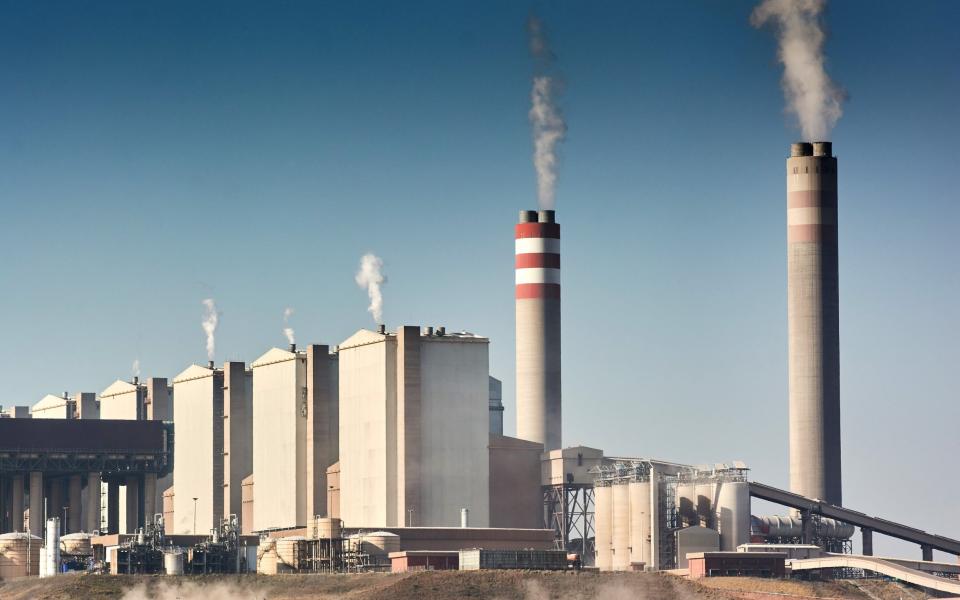Brussels’ net zero drive ‘making it harder to wean Europe off Russia gas’

Europe’s net zero push is making it difficult to wean the continent off Russian fuel, a Nigerian government minister has warned.
Lai Mohammed, culture and information minister, said Brussels’ push towards green energy risks harming efforts to bolster energy security.
European countries and the UK have over the latest year announced several steps aimed at cutting off funding to fossil fuel projects abroad, to try and cut carbon emissions.
Moves to withhold financing for international fossil fuel projects are “counterproductive” because they deter investment in fossil fuels, Mr Mohammed said.
“Gas will still be needed for the foreseeable future and it would be better for Africa to supply that,” Mr Mohammed said.
“These policies will only deter investment in and planning in the industry, but it would not stop the use of fossil fuels.”
The invasion of Ukraine has prompted a scramble among European countries to cut their dependence on Russian gas supplies and import from other sources.
Nigeria’s vast fossil fuel reserves are eyed as a possible replacement. However, several countries including France, Belgium and Italy as well as the European Investment Bank signed a declaration in November committing to end public support for foreign fossil fuel projects by the end of 2022.
Meanwhile, EU member states have also been given until the end of next year to set out plans to end export credits for foreign fossil fuel projects.
Nigeria, Niger and Algeria have held talks about reviving a stalled $13bn plan to build a pipeline sending gas from Nigeria to Europe, first proposed in 2009, which will need international investment.
Nigeria is also trying to use more natural gas in its own energy mix as an alternative to more heavily polluting coal and oil.
Mr Mohammed said: “We cannot switch overnight to renewable energy. I think we need to refocus on these policies otherwise, it is going to jeopardise energy security.”
Nigeria’s economy is heavily dependent on fossil fuels as one of the world’s largest oil and gas producers, exporting about $27bn [£22bn] worth of oil during 2020 and 35bn cubic feet of gas.
Mr Mohammed said Nigeria recognised the need to cut carbon emissions, but it was “unfair” for countries that had benefited hugely from growth fuelled by oil and gas to impose restrictions on others.
He said: “There is a proverb in my land. The dog that is hungry and the dog that has just eaten, they don’t play together.
“You have to look at a country’s specific circumstances. You can’t have a policy that is one size fits all. In Africa today, we have infrastructure deficits.
“The same Western world will accuse us of not providing infrastructure, will accuse us of having too many children out of school, of having poor medical infrastructure.
“And yet the same Western world is blocking the only viable means we have today [of developing that infrastructure], by refusing to invest in oil and gas. I think it’s contradictory.”

 Yahoo Finance
Yahoo Finance 